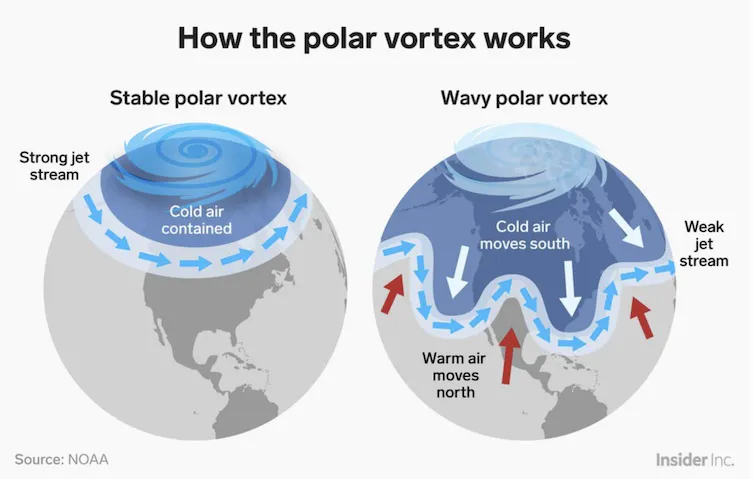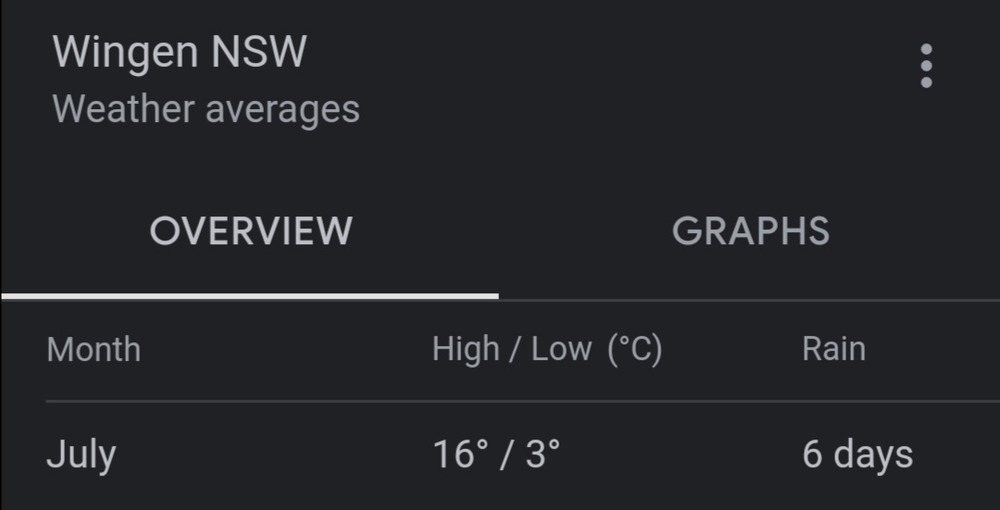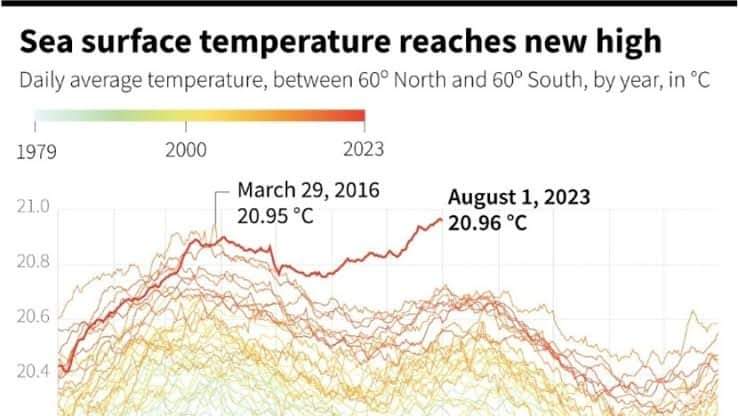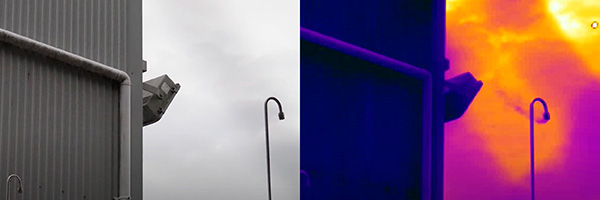
Records for high temperatures tumbled across the globe during July.
The United Nations has warned “humanity is in the hot seat”, with July almost certain to be Earth’s hottest month in recorded history.
Data published by the UN’s and the EU’s top climate agencies, the World Meteorological Organization and Copernicus respectively, shows the average temperature for the first three weeks of July is tracking significantly higher than the current record set in 2019.
It also found 21 of Earth’s 30 hottest individual days on record have occurred this month.
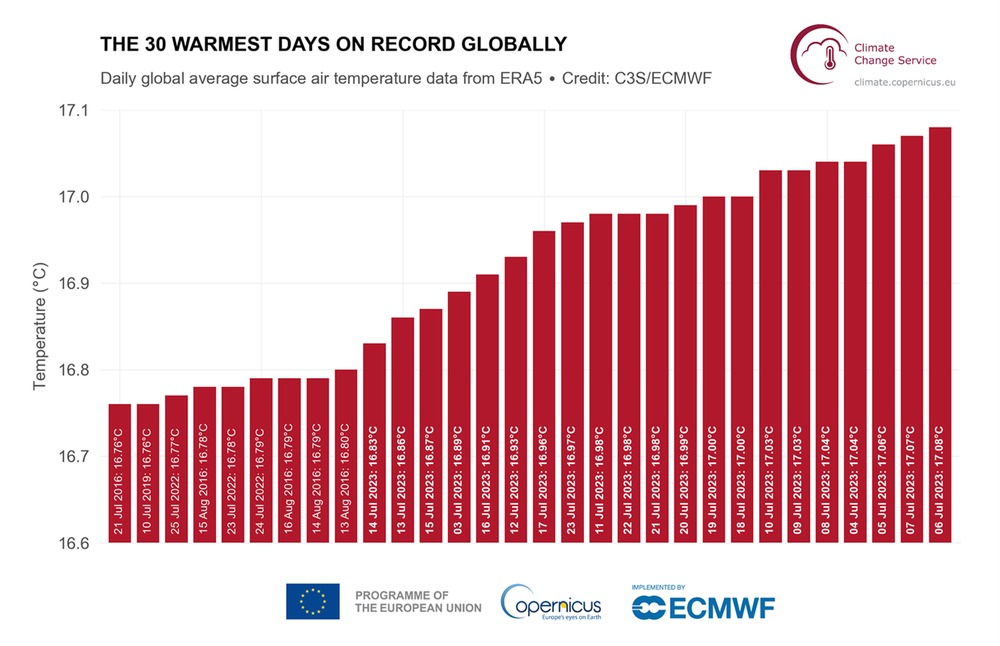
UN Secretary-General António Guterres said in a speech streamed Thursday night that “short of a mini ice age” over coming days, July 2023 would shatter records across the board.
“Climate change is here. It is terrifying, and it is just the beginning,” he said.
“The era of global warming has ended. The era of global boiling has arrived.
“The consequences are clear and they are tragic — children swept away by monsoon rains, families running from the flames, workers collapsing in scorching heat.
“For vast parts of North America, Asia, Africa and Europe, it is a cruel summer.
“For the entire planet, it is a disaster.”
A separate analysis for the month, published Friday by Leipzig University climate scientist Karsten Haustein, has estimated July will finish 0.2 degrees Celsius warmer than the 2019 record.
Dr Haustein said not only would that make it the warmest month on record, but potentially in “thousands if not tens of thousands of years”.
“We may have to go back all the way to the Eemian warm period (about 120,000 years ago) to find similarly warm conditions,” he said.
“But since paleo-temperature records do not provide high enough temporal resolution, we cannot say with certainty that this July hasn’t been hotter during the peak of the current interglacial .”

Red cross workers in Italy assist Antonio, a homeless man who fainted because of the heat.
The July temperature is a worldwide average, meaning certain parts of the globe are feeling exceptional bouts of heat.
This includes repeated and intense heatwaves across southern Europe, South-East Asia, northern Africa and the United States.
They have shattered records and fuelled wildfires in Greece, Canada and Algeria.

China recorded a record-high temperature on July 16.
Among them, Sanbao weather station in Turpan city in China’s Xinjiang province recorded a temperature of 52.2C on July 16, setting a new national temperature record — according to a report by the China Meteorological Administration.
Global sea surface temperatures have also hit new records.
Even Antarctica, which is in the middle of its winter, has contributed to the record with unusually high temperatures.
University of New South Wales climate scientist Associate Professor Sarah Perkins-Kirkpatrick said there was only so much heat humans could cope with.
“We’re talking about temperatures of mid-40s or higher almost every day for parts of the heatwave over places like Italy and Greece,” she said.
“That’s abhorrent. That’s really hard to cope with. It doesn’t matter who you are or how fit you are.”
The blame for the record-heat has been pointed firmly at rising greenhouse gas emissions for exacerbating the earth’s natural warming forces.
“It’s likely that these heatwaves probably would have occurred this summer but they wouldn’t have lasted as long, or be as intense climate change,” Dr Perkins-Kirkpatrick said.

IPCC vice chair Dr Mark Howden warned an emerging El Niño could exacerbate matters.
Institute for Climate, Energy and Disaster Solutions director Mark Howden said what was worrying was the fact El Niño had not fully kicked in yet.
The localised impacts of the major climate driver vary from country to country, but overall bring warmer-than-normal global average temperatures.
“The worrying thing here is that we have a very warm summer across the Northern Hemisphere but the effects of the emerging El Niño haven’t really been seen yet in terms of global temperatures,” Dr Howden said.
“So when that does start to cut in, and it could well do over the next few months, we’ll see a continuation of that hot weather.
“So I think we’re in for a very extended hot period across the globe.”
For Australia, it may offer a glimpse into the type of weather to come this summer.
Dr Perkins-Kirkpatrick said it was hard to draw a direct comparison between the heat currently in the Northern Hemisphere and what was in store for the Australian summer because of the role of local weather systems.
“The worrying thing here is that we have a very warm summer across the Northern Hemisphere but the effects of the emerging El Niño haven’t really been seen yet in terms of global temperatures,” Dr Howden said.
“So when that does start to cut in, and it could well do over the next few months, we’ll see a continuation of that hot weather.
“So I think we’re in for a very extended hot period across the globe.”
For Australia, it may offer a glimpse into the type of weather to come this summer.
Dr Perkins-Kirkpatrick said it was hard to draw a direct comparison between the heat currently in the Northern Hemisphere and what was in store for the Australian summer because of the role of local weather systems.

Residents of countries like Egypt are doing their best to stay cool during the July heatwaves.
But she said the underlying trends were the same.
“Just because they’re having this obscene, record-breaking heat that is so relentless doesn’t mean we will see precisely the same conditions in our summer,” Dr Perkins-Kirkpatrick said.
“What is happening though, Europe is seeing these increasing heatwave trends because of climate change, and we’re also seeing these increasing heatwave trends because of climate change.”
Further, faster climate action needed
The month of unenviable records has been met with a blunt message from the climate scientists about the need to reduce carbon emissions quickly, and to better prepare for what’s to come.
“It’s actually really frightening to see the images out of Greece at the moment,” Dr Perkins-Kirkpatrick said.
“What happened three years ago isn’t just a one off. It’s happening everywhere and will continue to happen.
“I really don’t think we’re prepared for what’s to come.”

UN Secretary-General António Guterres says the heat experienced across the globe is “unbearable”.
In his speech, Mr Guterres called for further and faster climate action, including new national emissions reductions targets from G20 members and “a global surge” in adaptation investment.
“The air is unbreathable, the heat is unbearable, and the level of fossil fuel profits and climate inaction is unacceptable,” he said.
“We have seen some progress — robust rollout of renewables, some positive steps from sectors such as shipping — but none of this is going far enough or fast enough.
“Accelerating temperatures demand accelerated action.
“The level of fossil fuel profits and climate inaction is unacceptable. Leaders must lead.
“No more hesitancy, no more excuses, no more waiting for others to move first.
“There is simply no more time for that. It is still possible to meet, to limit global temperature rise to 1.5 degrees Celsius and avoid the very worst of climate change, but only with dramatic, immediate climate action.”
https://www.abc.net.au/news/2023-07-27/july-likely-hottest-month-record-united-nations-climate-change/102654812
